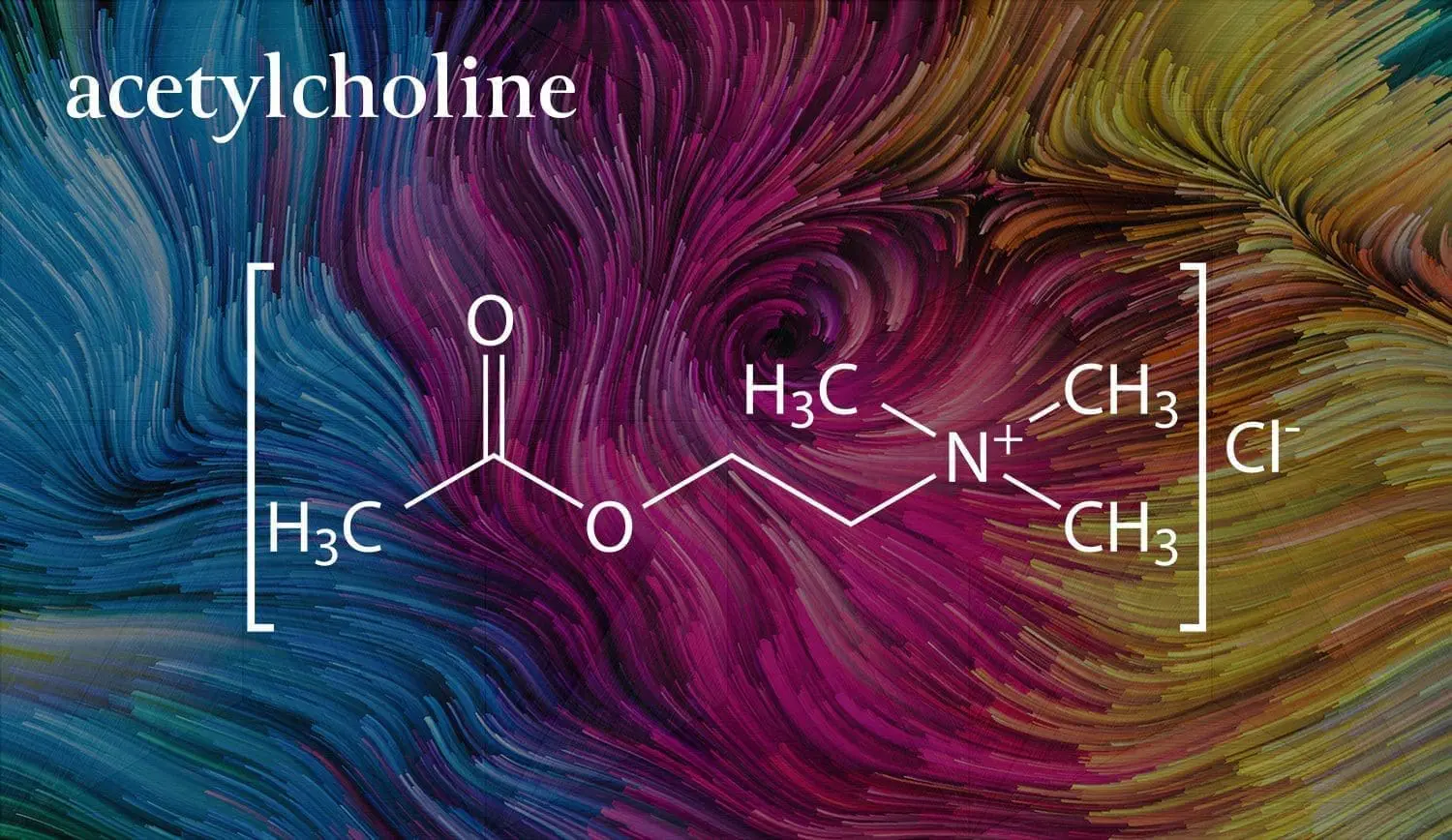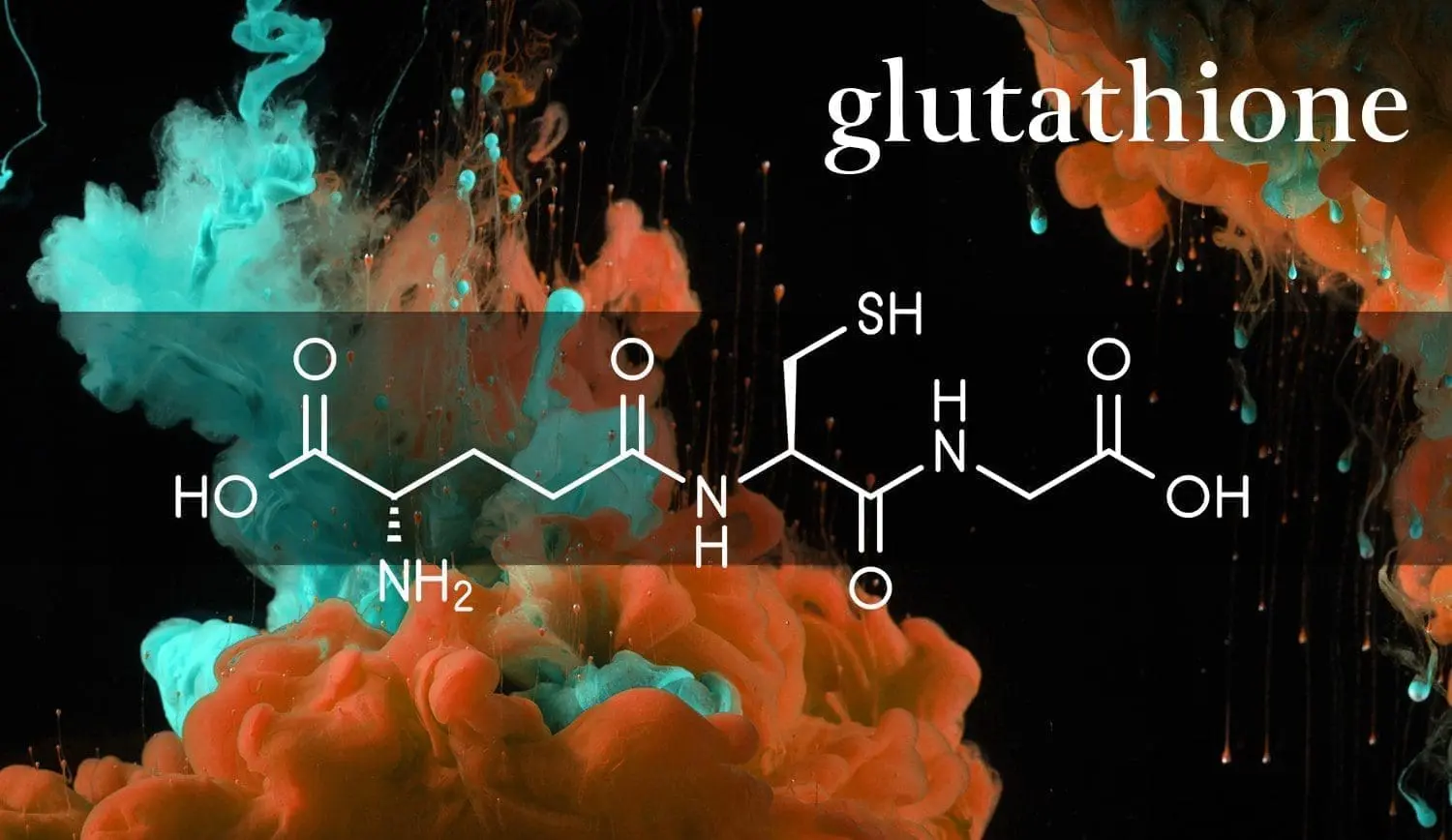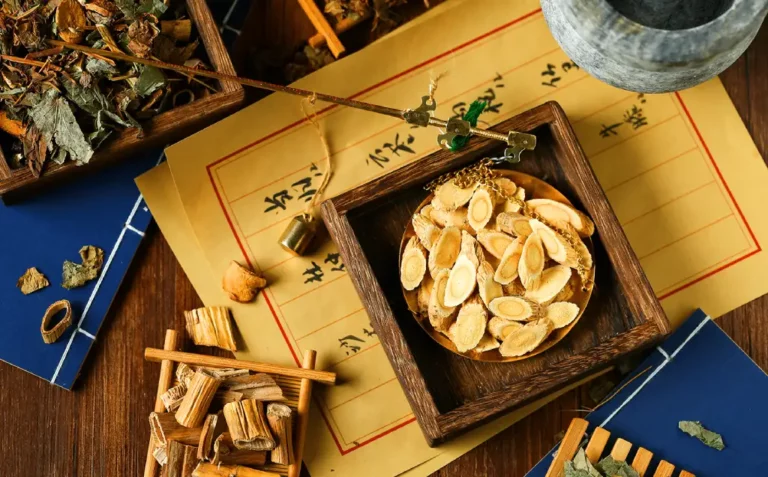During my time as an acupuncturist and herbalist, I’ve learned about literally hundreds of different herbs that come from all over the world.
Among these, only a tiny fraction have ever struck me as plants that are so obviously beneficial to my wellbeing that I put them in my permanent daily regimen and never want to be without them for long.
Bacopa monnieri is one of those herbs.
Also called Brahmi after the Hindu creator god Brahma, bacopa is considered a “Medhya Rasayan” in Ayurvedic medicine, a title that reflects an herb’s ability to support intelligence, creativity, and focus.
Ayurveda categorizes bacopa as a Sattvic herb, meaning that it possesses the quality of Sattva, a word with a variety of connotations, including serenity, creativity, and harmony. The Yogic tradition recommends that practitioners make use of a Sattvic diet in order to achieve deeper, more balanced states of awareness.
Bacopa has been used as a nootropic for thousands of years. Vedic scholars are even said to have used it extensively to help them more efficiently memorize sacred texts.
A perennial succulent that tends to grow in tropical climates, Bacopa can be found throughout the world. Although India was the first to use it systematically, it also grows in Europe, Asia, Australia, South America, and even in the United States.
Although it’s an excellent nootropic, bacopa’s physiological effects extend far beyond its ability to simply enhance attention and learning.
In addition to its positive effects on several key neurotransmitters, bacopa also activates the synthesis of critical antioxidants in the brain, the most important of which is glutathione (which is why we decided to include it in APEX Glutathione).
Anything that enhances glutathione is your friend. Why? Because glutathione is arguably the most important antioxidant in your body.
Researchers continue to find new herbs and compounds that are able to boost glutathione, including amla, rhodiola, and of course milk thistle. These botanicals typically achieve this by stimulating various enzymes that regulate it and other antioxidants.
The brain has to deal with a daily onslaught of free radicals, both endogenous (from within) and exogenous (from outside). Glutathione is a key component of the body’s antioxidant system, ensuring that these free radicals are neutralized and thus cannot cause neuronal damage.
Some researchers theorize that bacopa’s ability to tell the body to generate more antioxidants is the primary factor underlying its nootropic properties, although—as we will discuss momentarily—its phytochemicals have also been shown to bind directly to certain receptors in the brain as well as enhance the production of certain neurotransmitters such as serotonin and acetylcholine.

Bacopa as a Cholinergic Nootropic
Because the word nootropic is often associated with biohacking, it often conjures in the imagination more modern compounds, such as vitamins, amino acids, or synthetics like the racetams.
If you take a look at the ingredients in most nootropic supplements, you’ll find that the vast majority of them contain herbal extracts and that bacopa is by far one of the most widely used among them (and for good reason).
In a 2016 randomized, placebo-controlled trial, a standardized bacopa extract called Bacognize® was given to medical school students [1]. The students then underwent a series of neuropsychological tests that assessed their working memory, reasoning, language comprehension, recall, and various other neurological functions.
Of the different cognitive performance metrics that the authors used, the ones that showed statistically significant improvements were attention, working memory, language comprehension, and the capacity to refrain from becoming distracted.
In another study, bacopa was given to healthy elderly volunteers for 12 weeks [2]. As in the previously mentioned study, a variety of metrics were used. Bacopa extract was observed to improve the recall speed, recall accuracy, and attention span.
The researchers measured participants’ blood levels of acetylcholinesterase, an enzyme that breaks down acetylcholine. They found that the enzyme had been significantly reduced after taking bacopa, implying that more of the neurotransmitter was circulating since less of it was being broken down.
In the world of cognitive neuroscience, acetylcholine is extremely important, as it’s essential for memory formation.
Notably, many common medications—including over-the-counter antihistamines—can cause cognitive impairment precisely because they work to antagonize acetylcholine receptors in the brain.
The pharmacological term for any compound that works against acetylcholine is ‘anticholinergic’. If you take any medications, whether prescription or OTC, you can ask your pharmacist whether or not any of them are anticholinergics in order to assess whether they may be impacting your memory.
Acetylcholine isn’t all about learning and memory, however.
It’s also involved in muscle contraction, circadian rhythm, and general alertness. It even serves the crucial role of helping to regulate the parasympathetic nervous system, AKA the “rest-and-digest” response.
Because the parasympathetic nervous system opposes the sympathetic “fight-or-flight” response, it’s imperative that it be fully operational in order to maintain autonomic tone and reduce the tendency to be always running on adrenalin.
For an herb, the body of research that supports bacopa’s procognitive attributes is substantial.
In a meta-analysis that was performed in 2013, the authors pooled data from nine different studies that evaluated bacopa for its effects on learning and memory, concluding that “bacopa monnieri has the potential to improve cognition, particularly speed of attention” [3].
A 2016 systematic review of five clinical trials on bacopa also found fairly consistent results among the studies reviewed, especially with regard to attention, memory, and language processing [4].
Bacopa, Serotonin, and Mood Health
Focus and mood are intimately intertwined.
For example, distractibility is of course far higher when a person is feeling anxious or stressed out. The ability to remain calm and even-keeled is essential for a functional attention span.
Most everyone is familiar with the relationship between serotonin and mood, but it’s also linked to cognition as well. In fact, research has linked serotonin levels to how quickly we’re able to learn new information.
One of the reasons that bacopa is so effective as a nootropic may be because it’s able to support healthy serotonin levels.
An in vitro study demonstrated that phytochemicals in bacopa were able to bind to and modulate the activity of serotonin receptors. These compounds have been dubbed Serotonin-Active Bacopa Glycosides [SABGs], and include bacoside A3, bacopasaponin C, and bacopasides I, II, and X [5].
It’s not surprising, then, that multiple studies have demonstrated that bacopa can support mood health [6-10].
In addition to supporting serotonin function, preliminary evidence suggests that bacopa may also support healthy levels of GABA [11], the brain’s primary inhibitory neurotransmitter. In other words, GABA ensures that the brain isn’t over-excited.
When GABA levels are optimal, it’s easier to remain calm and focused.
Considering that bacopa is able to support the autonomic nervous system by promoting acetylcholine and healthy cortisol levels [12], it seems to meet the criteria of a true adaptogen [13].

Bacopa as a Neuroprotective Glutathione Booster
In addition to being an antioxidant that protects cells against free radical damage, glutathione is also involved in a number of other important processes, such as detoxification, immunity, and cellular energy production.
It’s also essential for liver health. If you want to protect your liver, then boosting glutathione should be your top priority, as no other compound does as much for this organ.
Countless pernicious compounds such as pesticides, heavy metals, and many other human-made toxins will use up our glutathione stores, leaving us deficient and our cells unprotected.
Bacopa has been demonstrated to enhance glutathione by activating Nrf2 [14], a biochemical pathway that switches on genes that are responsible for generating multiple different antioxidants, including glutathione, superoxide dismutase (SOD), and catalase (CAT).
In one study on rats, bacoside A was shown to reduce oxidative stress due to cigarette smoke exposure by enhancing the activities of glutathione peroxidase (GPx) and glutathione reductase (GR), two enzymes that are essential for glutathione to function as an antioxidant[15].
The researchers also found that this unique phytochemical was able to increase levels of vitamin A, C, and E in the brain as well as protect against mitochondrial dysfunction within the neurons, which makes perfect sense because that’s precisely what glutathione does.
There’s ample scientific evidence that bacopa extract has powerful neuroprotective properties, particularly bacoside A and bacopaside I [16].
As an aside, if you’re worried about the effects that heavy metals such as mercury have on the brain, then bacopa may be an ideal choice for support, as one of the ways that they cause so many problems is by using up all the available glutathione, leaving neurons open to damage by reactive oxygen species.
A No-Brainer
Given the wide-ranging balancing effects that bacopa has on the brain, it’s entirely fair to call it a neuroadaptogen.
Brains are sensitive, demanding organs. They’re highly susceptible to toxins and require massive amounts of energy. They need lots of support to function at full capacity.
If you’re looking to enhance focus and memory, support mood health, and protect your brain against free radical damage, bacopa is a no-brainer.
Seriously though, try it. Your nervous system will thank you. If you do decide to take it, though, it’s important to know that sometimes the effects won’t be fully noticeable until 1-2 weeks of use.
Ingredients that it combines extremely well with include: citicoline, Ginkgo biloba, phosphatidylserine (PS), lemon balm, and rhodiola, but by itself it’s still a phenomenal herbal ally you won’t want to be without for long.
References
- Kumar, N., Abichandani, L. G., Thawani, V., Gharpure, K. J., Naidu, M. U., & Venkat Ramana, G. (2016). Efficacy of Standardized Extract of Bacopa monnieri (Bacognize®) on Cognitive Functions of Medical Students: A Six-Week, Randomized Placebo-Controlled Trial. Evidence-based complementary and alternative medicine : eCAM, 2016, 4103423.
- Peth-Nui, T., Wattanathorn, J., Muchimapura, S., Tong-Un, T., Piyavhatkul, N., Rangseekajee, P., Ingkaninan, K., & Vittaya-Areekul, S. (2012). Effects of 12-Week Bacopa monnieri Consumption on Attention, Cognitive Processing, Working Memory, and Functions of Both Cholinergic and Monoaminergic Systems in Healthy Elderly Volunteers. Evidence-based complementary and alternative medicine : eCAM, 2012, 606424.
- Kongkeaw, C., Dilokthornsakul, P., Thanarangsarit, P., Limpeanchob, N., & Norman Scholfield, C. (2014). Meta-analysis of randomized controlled trials on cognitive effects of Bacopa monnieri extract. Journal of ethnopharmacology, 151(1), 528–535.
- Kean, J. D., Downey, L. A., & Stough, C. (2016). A systematic review of the Ayurvedic medicinal herb Bacopa monnieri in child and adolescent populations. Complementary therapies in medicine, 29, 56–62.
- Hall B et al. Pharmacology of Bacopa monnieri (Bacognize®) at 5HT1a and 5HT2a receptors.Poster presentation. Am Soc Pharmaco Absts. 2005. 85-83. doi: 10.1007/98-3-7643-8561-3
- Calabrese, C., Gregory, W. L., Leo, M., Kraemer, D., Bone, K., & Oken, B. (2008). Journal of alternative and complementary medicine (New York, N.Y.), 14(6), 707–713
- Bhattacharya, S. K., & Ghosal, S. (1998). Phytomedicine : international journal of phytotherapy and phytopharmacology, 5(2), 77–82.
- Benson, S., Downey, L. A., Stough, C., Wetherell, M., Zangara, A., & Scholey, A. (2014). Phytotherapy research : PTR, 28(4), 551–559.
- Krishnakumar, A., Nandhu, M. S., & Paulose, C. S. (2009). Epilepsy & behavior : E&B, 16(2), 225–230.
- Liu, X., Liu, F., Yue, R., Li, Y., Zhang, J., Wang, S., Zhang, S., Wang, R., Shan, L., & Zhang, W. (2013). Pharmacology, biochemistry, and behavior, 110, 224–230.
- Piyabhan, P., Tingpej, P., & Duansak, N. (2019). Neuropsychiatric disease and treatment, 15, 1103–1117.
- Micheli, L., Spitoni, S., Di Cesare Mannelli, L., Bilia, A. R., Ghelardini, C., & Pallanti, S. (2020). Phytotherapy research : PTR, 34(9), 2331–2340.
- Rai, D., Bhatia, G., Palit, G., Pal, R., Singh, S., & Singh, H. K. (2003). Adaptogenic effect of Bacopa monniera (Brahmi). Pharmacology, biochemistry, and behavior, 75(4), 823–830.
- Singh, M., Murthy, V., & Ramassamy, C. (2012). Standardized extracts of Bacopa monniera protect against MPP+- and paraquat-induced toxicity by modulating mitochondrial activities, proteasomal functions, and redox pathways. Toxicological sciences : an official journal of the Society of Toxicology, 125(1), 219–232.
- Anbarasi, K., Vani, G., Balakrishna, K., & Devi, C. S. (2006). Effect of bacoside A on brain antioxidant status in cigarette smoke exposed rats. Life sciences, 78(12), 1378–1384.
- Sekhar, V. C., Viswanathan, G., & Baby, S. (2019). Insights Into the Molecular Aspects of Neuroprotective Bacoside A and Bacopaside I. Current neuropharmacology, 17(5), 438–446.






